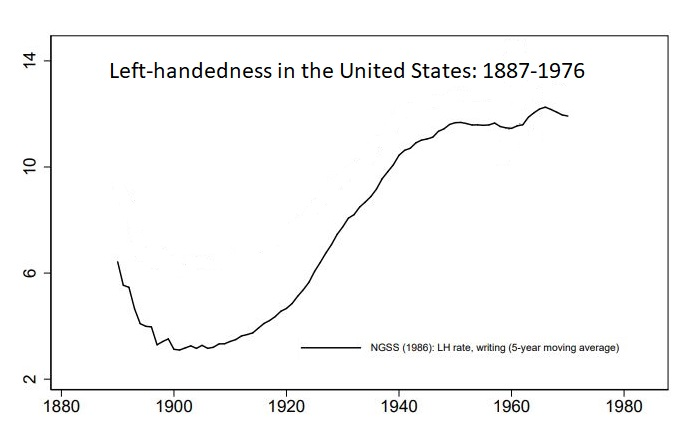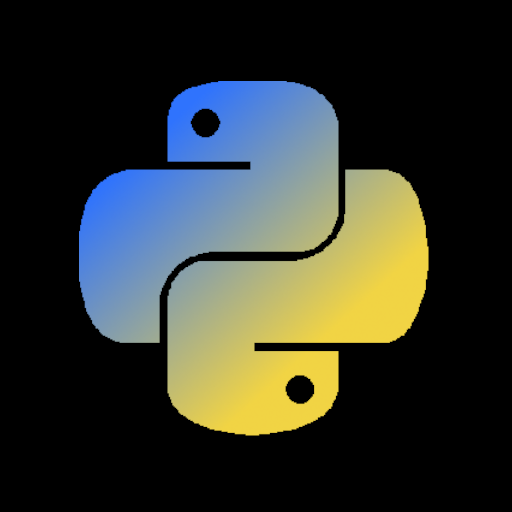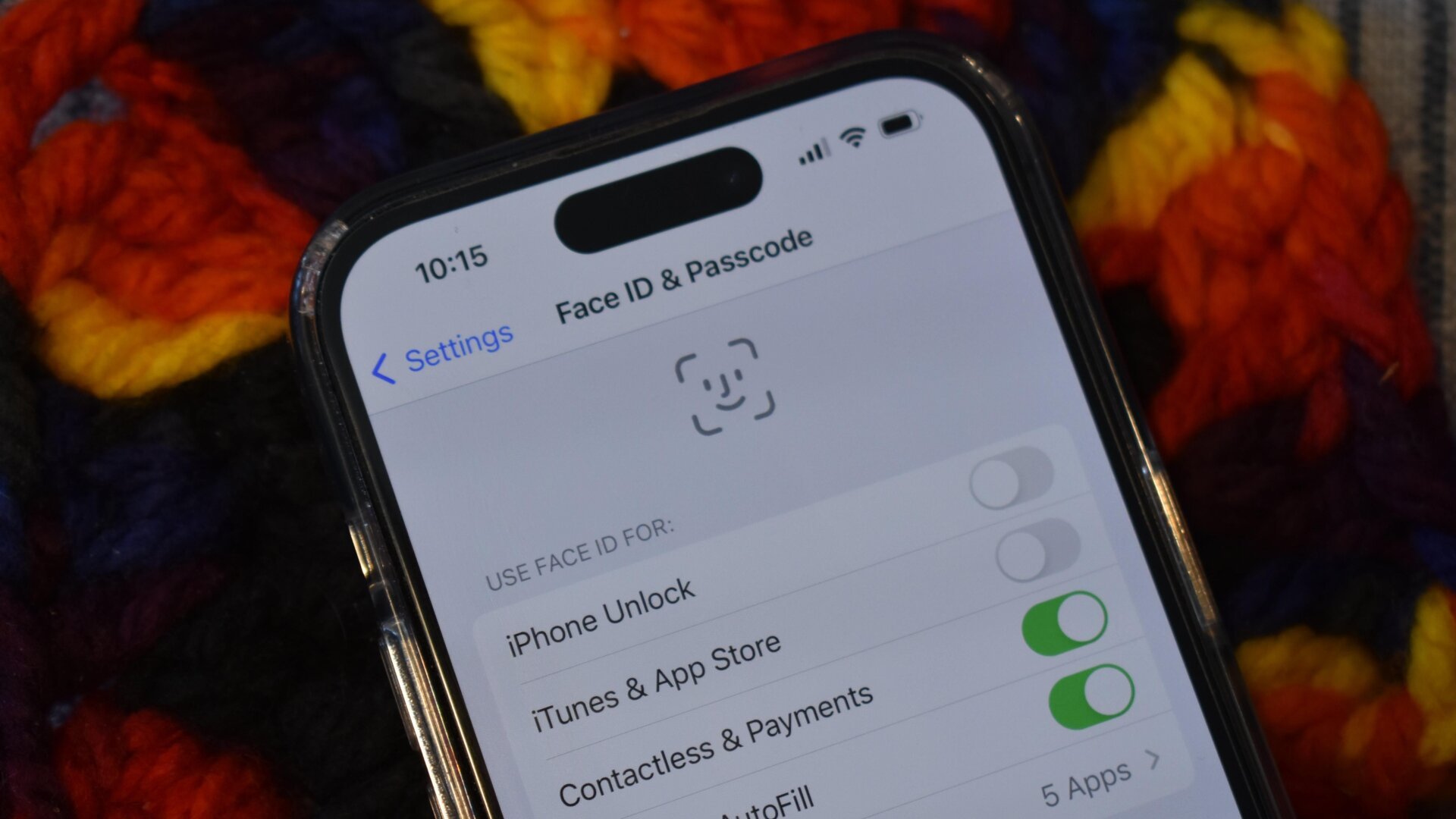- 24 Posts
- 479 Comments

 4·2 hours ago
4·2 hours agoIn the compsci building at uni, there is a museum of sorts in the hall to the labs. At the beginning of the storage section, there is a 20Mb storage device. It is the size of a washing machine, I have no idea how much it weighs, but it has to be in the 100’s of kg range.
Sitting on top are much more modern devices, 5.25"/3.5"/2.5" drives; I haven’t been back for a decade to know if they kept going as tech improved.

 5·3 hours ago
5·3 hours agoAh yes appeal to authority. There is a reason this is a well understood fallacy; assuming something is true (or false) because the speaker says it is flawed.
I have multi-sensory aphantasia. No pictures/sounds/tastes/touch/smell. My inner voice is soundless but constant.
I discovered aphantasia at 40; it is not a lack or detriment merely a difference. I talked with my Mum about it, she is has aphantasia and didn’t realise and she is 66.
Aphantasia doesn’t hold you back or make life harder; especially since you can go decades without realising that you have it.
You may have other stuff, ASD or ADHD etc…but aphantaisa isn’t in the same realm.
The existential dread of not knowing; gnaws at my psyche in uncomfortable ways that I cannot adequately put into words.
There are places in the world that don’t have the death penalty…just sayin

 3·4 days ago
3·4 days agoI’m doing my part

 2·5 days ago
2·5 days agoMost of the time, probably not. The problem occurs when there is a breach of the standard.
In that situation NZFS should have all of the decision making power, MPI should be required to step back and let evidence guide the decisions.

 6·6 days ago
6·6 days agoJust came here to say this.
The suggested videos are terrible.
This has the same vibe as


 5·6 days ago
5·6 days agoI think the main problem here is that the NAFS is part of MPI. As stated in the article:
[NZFS] should not be within the same organisation that is charged with promoting New Zealand’s primary producing export market. It doesn’t make any sense to be nested in there.
They could have a synergistic relationship; but if there is a breach…MPI will err on the side of more exports, where NZFS should err on the side of safety and food system integrity.

 6·7 days ago
6·7 days agoI only use Reddit when it comes up in a search result. Otherwise it is Lemmy all the way

 9·7 days ago
9·7 days agoNuke it from orbit, it’s the only way to be sure.

 3·8 days ago
3·8 days agoBullshit, some things happen on day one!!! Like the ending of the Russian invasion of Ukraine.
If it makes you feel better.
I know nothing about you, but that is enough to make me hate everything about you and what you stand for.
Unless of course we can find a common enemy.

 3·12 days ago
3·12 days agoI would assume that it would be something like 24TB/day [5k officers (2 shifts of 12 hrs) * 2GB/hr]; this would be for 365 days a year.
So yearly it is more like 8760TB for a years worth of data.
Cheapest I could find was Mega.nz at 16TB for $47.5/month which equates to ~$312k; this would be totally doable.
The processing requirements would be huge but a solvable issue also. Even if we double the data to 10k officers 24 hrs/day it is still under $650k/yr

 31·12 days ago
31·12 days agoRetention of data should be determined by importance, one problem is we don’t know what will be important until it is needed.
Who determines what is important enough to keep?
If it is done by “AI” what are the rules?If we assume 2/3 of the 15k police staff are “front line” i.e. those wearing body cams; that is roughly 10k cams recording 24/7. Each camera records @1-2GB/hr; this comes to 24-48TB/day of data; even if we mark 80% of that data for immediate deletion because nothing is happening (done by AI). We are talking 5-10TB/day that will need to be reviewed to determine if it is important enough to keep long term.
That is a lot of work; and a lot of resources to review the data. The storage quickly adds up; the benefits are huge, but the challenges of storage/security/privacy are equally enormous.

 7·12 days ago
7·12 days agocame into effect on 1 April
…seems foolish
We tried a lot of techniques…
Rigid schedules, no schedules , big feeds, lots of little feeds…nothing seemed to work. For one kid, he wouldn’t sleep unless he was next to one of us; one of the others wanted to be in the same room but not the same bed…
But once they hit ~3 it was like a switch flipped, and now they all sleep with no issues.













Very effective.
The RAM section with the hand woven memory modules is so awesome. 1kb of RAM; tiny iron rings with fine copper wires threaded through them.